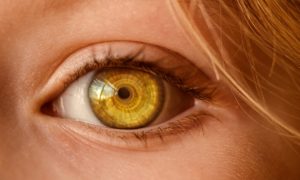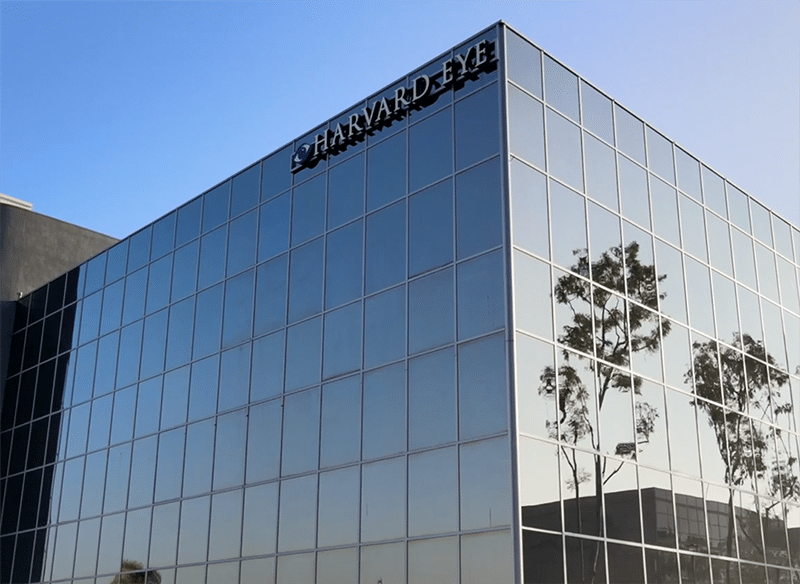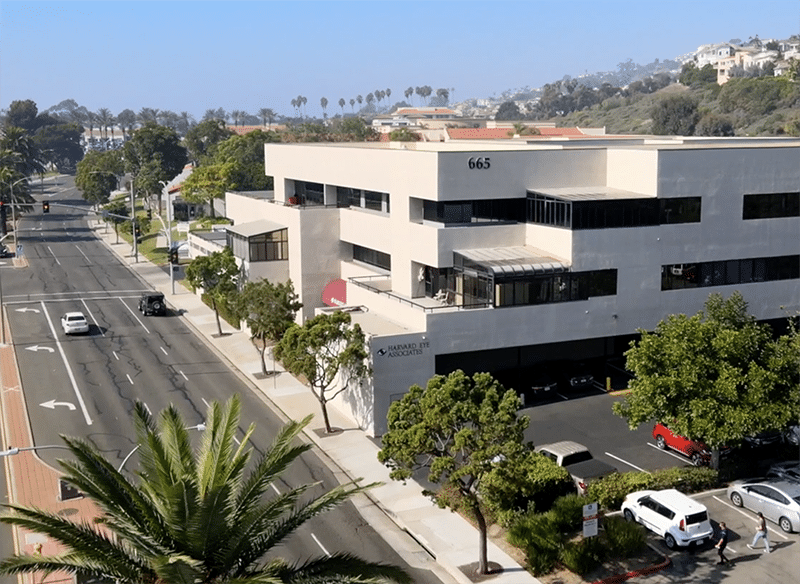 Your eye shape and cornea are keys to better vision. When light enters the eye it is bent, refracted, by a clear tissue on the front of the eye called the cornea. The cornea, in effect, acts like a lens to focus incoming light onto the retina on the back of the eye. If you wear glasses or contacts, these bend the light as needed to adjust for your eye prescription. LASIK vision correction surgery in Laguna Hills can reduce and/or eliminate your dependence on glasses and contact lenses if you suffer from the following common vision problems:
Your eye shape and cornea are keys to better vision. When light enters the eye it is bent, refracted, by a clear tissue on the front of the eye called the cornea. The cornea, in effect, acts like a lens to focus incoming light onto the retina on the back of the eye. If you wear glasses or contacts, these bend the light as needed to adjust for your eye prescription. LASIK vision correction surgery in Laguna Hills can reduce and/or eliminate your dependence on glasses and contact lenses if you suffer from the following common vision problems:
Myopia
Myopia, called nearsightedness, happens when the eye is elongated or the cornea is too curved. Because of this, light entering your eyes does not focus on the retina as it should, but instead focuses on images at a point in front of the retina. The result of nearsightedness is that your distant objects appear blurry, while near objects appear clear.
Hyperopia
Hyperopia, called farsightedness, occurs when the eye shape is either too short or the cornea is excessively flat. Farsightedness happens in eyes that are incorrectly focusing images behind the retina rather than directly on it. The result of farsightedness is that near objects you are seeing appear blurry, while distant objects appear clear. In some cases, hyperopia may cause blurriness at both distance and near.
Astigmatism
If you have astigmatism it is because you have a cornea that is not spherical or basketball-shaped like a normal eye, but your cornea is typically shaped more like a football. The result of astigmatism is that the objects you are viewing are not focused into a single image and vision is distorted or blurry. Astigmatism can be present alone or in addition to nearsightedness or farsightedness.
Reshaping the Cornea
During LASIK in Laguna Hills, your surgeon uses an excimer laser to reshape the cornea to properly refract light for corrected vision. The laser pulses cool, invisible ultraviolet light to painlessly reshape the cornea in a precisely controlled manner without damaging adjacent eye tissue. The cornea then properly refracts light so you can see without the need for corrective lenses.
To learn more about how LASIK can treat your vision problems, contact Harvard Eye Associates at 949-951-2020 or harvardeye.com to schedule your LASIK evaluation.




